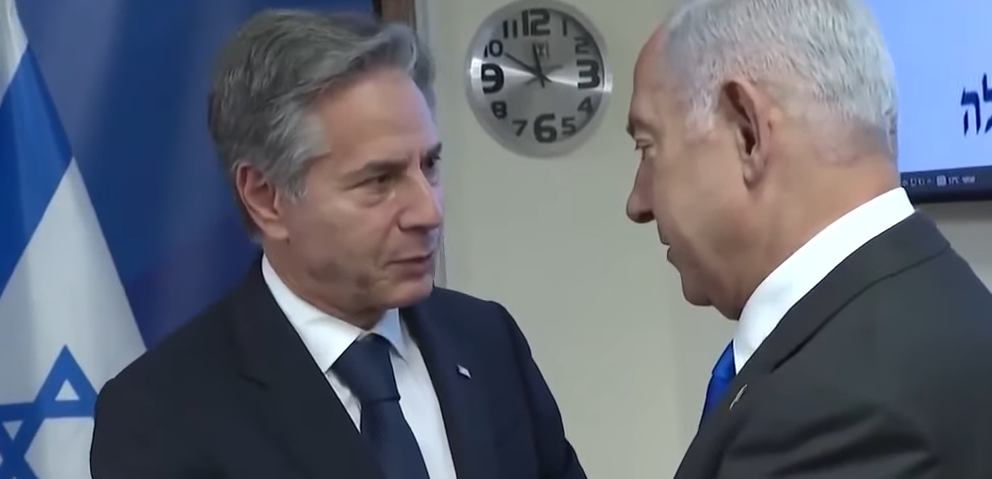Photos: YouTube
As Pan-Africans we demand an immediate end to the ugly anti-African war in Ethiopia. We hope Pan-African organizations everywhere echo this demand.
On August 24, 2022 fighting resumed between Ethiopian federal forces and its allies, militias from Amhara region and the army of neighboring country Eritrea; against the country’s Tigray region.
This has ended a five-month period of relative peace between the combatants during a cease-fire. This week there were bombings of Mekele the Tigray capital by the federal air force and artillery shelling by Eritrea against Tigray.
This escalation of war is deplorable and as Pan-Africans we strongly condemn this back slide. We join voices demanding for an immediate resumption of the ceasefire; and for the start of negotiations for a comprehensive peace settlement.
Reportedly more than 5 million people have been displaced by this war which began in November 2020 after Ethiopian prime minister Abiy Ahmed sent federal soldiers into the Tigray region of Ethiopia accusing its leaders of defying the government by holding parliamentary elections during the covid pandemic and also for allegedly attacking a garrison of the national army.
Tigrayan leaders claim the attack by Ahmed was premeditated and long-planned. They point to the involvement of the army of a neighboring country, Eritrea, in launching the 2020 attack.
What’s undisputed is the heavy toll on civilians especially in Tigray which has been subjected to a genocidal embargo by Prime Minister Abiy since the beginning of the war.
The fighting disrupted agricultural production and crops and foods stored in granaries were reportedly either looted or destroyed by Eritrean forces. The embargo has also deprived Tigray’s medical facilities of basic drugs and medical supplies.
It’s estimated that as many as 500,000 Tigrayans may have died of starvation or hunger-related diseases, and lack of medical care, as a result of the embargo. This death rate is of genocidal proportions in a region with a population of less than seven million. This would be equivalent of more than 21 million Americans dead based on the size of the U.S. population.
During the ceasefire period Prime Minister Abiy had allowed some United Nations relief convoys into the Tigray region albeit at a miniscule and inadequate rate compared to the demands on the ground and the scope of the crisis.
In addition to the embargo electricity, banking, and internet and mobile phone service to the Tigray region has been cut off by the Abiy government.
There are also reports that even if the federal government and Tigray ultimately agree to peace talks Eritrea’s dictator of 32 years in power, Isayyes Afeworki, may continue the war. He sees Tigrayans as his nemesis. When Ethiopia’s national army defeated Eritrea in a past war, most of the soldiers came from Tigray. For Afeworki revenge is a primary motive.
Even as we as Pan-Africans condemn the fighting we recognize some positive recent developments and we want to highlight them.
Tigray leaders have finally accepted and agreed to embrace the African Union led peace efforts coordinated by former Nigerian president Olusegun Obasanjo. The Tigrayans had been critical of what they allege were statements favoring the Ethiopian federal government’s positions and the cozy relations between Abiy and Obasanjo.
And now with Kenya’s presidential elections over, former president Uhuru Kenyatta has been appointed his country’s Special Representative for the Ethiopian conflict. This could be an indication that the secret negotiations that have reportedly been ongoing between some of the parties in the conflict could become official, with the Kenyan capital of Nairobi as the venue.
There is no military solution to this war and we as Pan-Africans demand that the parties put more energy into the positive developments.
If the federal government and Tigray agree to peace then Eritrea will be isolated and the international community will be able to force it to withdraw.
The parties must agree to peace.
For the sake of their people and for Africa.












